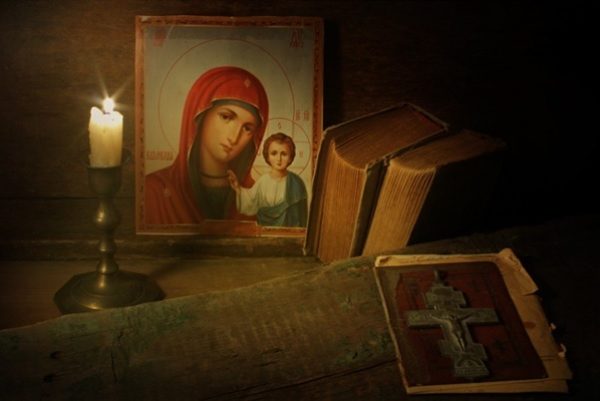People’s need to confirm their faith in the inaccessible God and His energies leads them to seek miracles, to exaggerate them or even to make them up. In this sense, miracles as miraculous events can be found in all religions.
In the New Testament, the various cures effected for the sick, the resurrections of the dead and other expressions of the love of Christ and the Apostles towards those in pain, are called ‘signs’. A miracle provokes astonishment, surprise, whereas a sign demonstrates something, that is, the kingdom of God- already in existence- where the results of decay no longer obtain.
The challenge of the Scribes and Pharisees to Christ- ‘We want to see a sign from you’ (Matth. 12, 38) – was not met. Any ‘sign’ that becomes a ‘miracle’ forces people to accept it and therefore deprives them of their free relationship with God, which is genuine faith. Certainly, Christ respects the freedom of others, which they received as a gift. He doesn’t violate it, even if challenged to do so.
As the ‘pillar and buttress’ of the truth, the Church can’t encourage ‘miracles’ in order to persuade people, since this would not be in accordance with the behaviour of its Founder. In any case, its whole existence is a ‘miracle’, founded on the death and Resurrection of its Lord, and woe betide it if it seeks other means of persuading people of its truth.
The lack of ‘evidence’ regarding the existence, presence or interest of God is an expression of His love which is in accord with His respect for our personal freedom. His love would be deficient if it forced us, ‘for our own good’, to believe in Him. Not even His Resurrection, that event of global significance which changed the lives of millions of people, can be proven. Nor, of course, can it be proven that it didn’t occur.
Internal change, that repentance which affects people’s lives; the transformation of the bread and wine into the Body and Blood of Christ; the Grace of the Holy Spirit, which descends, ‘through the prayers of the priest’ onto the water, oil and material things and transforms them into holy water, chrism, and whatever else can be sanctified, can’t be proven. But for the faithful, these things are a certainty which they experience and in which they rejoice, just as they rejoice in the Resurrection of their Lord. How can you doubt the experience of millions of people?
The ‘other world’ is known through humility and simplicity of the heart, which also reveal that ‘invisible miracle’ which directs us to the ‘sign’ of the presence of the living God.

















